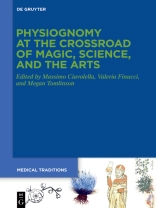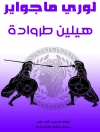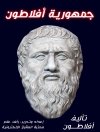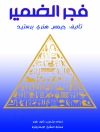The essays examine how the study of facial features or expressions as indicative of character or ethnicity, has evolved from the crossroad of magic, religion and primitive medicine to present-day cultural concern for wellness and beauty. In this context, the discoveries of cranio-facial neurophysiology and psychology and the practice of cosmetic and reconstructive surgery have a centuries-old relationship with physiognomy. As the study of outward appearances evolved from its classical roots and self-representations through 18th- and 19th-century adaptations in fiction and travelogues, it gradually became a scientific discipline. Along the way, physiognomy was associated with phrenology and craniology and promoted eugenic policies. Tainted with racial bigotry and biological determinism, it was trapped within questions of delinquency, monstrosity and posthumanism. Throughout its history, physiognomy played both positive and negative roles in the evolution of significant aspects of the socio-cultural order in the West that merit update and in-depth study. The contributions follow a chronological and intertwining sequence to encompass physiognomic expressions in art, literature, spirituality, science, philosophy and cultural studies.
Sobre o autor
Massimo Ciavolella and Megan Tomlinson, University of California at Los Angeles; Valeria Finucci, Duke University, NC; USA.












